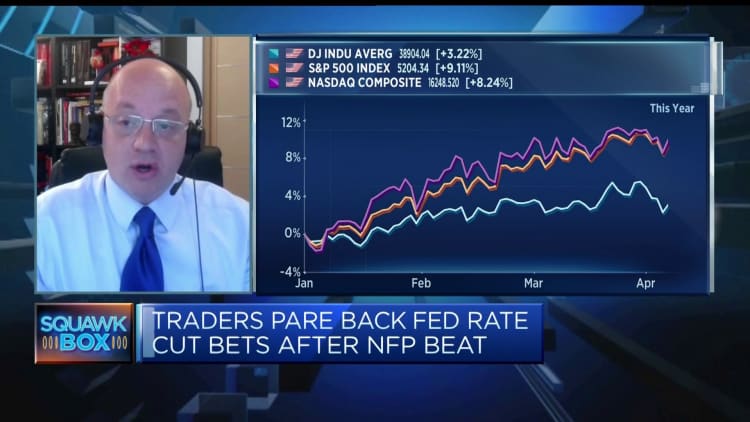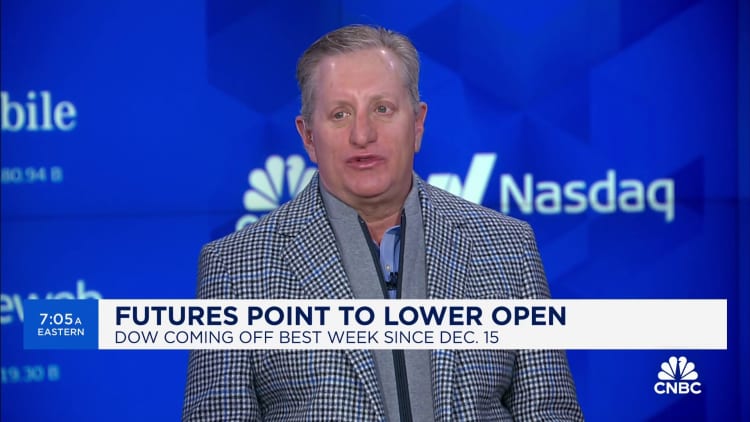[ad_1]

The risks of allowing inflation to persist still far outweighs the risk of triggering a recession.
Mark Higgins
author of “Investing in U.S. Financial History: Understanding the Past to Forecast the Future.”
“The risks of allowing inflation to persist still far outweighs the risk of triggering a recession,” Mark Higgins, senior vice president for Index Fund Advisors and author of “Investing in U.S. Financial History: Understanding the Past to Forecast the Future,” recently told CNBC.
“[The Fed’s] failure to do this in the late 1960s is one of the major factors that allowed inflation to become entrenched in the 1970s,” Higgins said.
This time around, the central bank is likely to remain extremely cautious, Higgins said, even if that means holding rates higher for longer.
“My gut is that they are aware of the risks and won’t ease too early,” he added.
The Fed’s ‘two major mistakes’
“The Fed has made two major mistakes in its history,” according to Higgins, and those two missteps still influence the central bank’s moves today.
“The first [mistake] was allowing the banking system to fail in the early 1930s, which caused the Great Depression to deepen significantly,” he said. “The second was the great inflation of the 1970s when inflationary pressures picked up and the Fed tightened but backed off prematurely, which is the risk the Fed faces now.”
While financial regulations and the creation of deposit insurance could prevent a widespread banking crisis from happening today, “the real danger here is that the Fed loosens prematurely, which is exactly what they did in the late 1960s,” Higgins said.

“Deep down, Powell is petrified of redoing Volcker again,” Steven Eisman, Neuberger Berman’s senior portfolio manager, said recently on CNBC’s “Squawk Box.”
The Fed has “engineered what looks to be a soft landing, inflation is coming down, the economy is still strong, why would you waste rate cuts now and risk a resurgence of inflation when really all you need to do is declare victory?” he said.
Even in prepared remarks last month, Powell referenced Volcker’s earlier interest rate policy as a reason policymakers don’t want to ease up too quickly now.
“Reducing policy restraint too soon or too much could result in a reversal of progress we have seen in inflation and ultimately require even tighter policy to get inflation back to two percent,” Powell said.
Subscribe to CNBC on YouTube.
[ad_2]